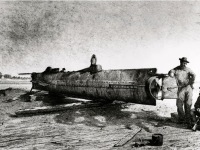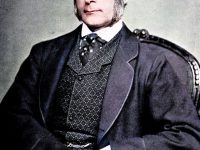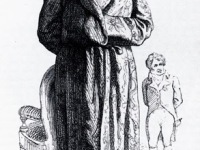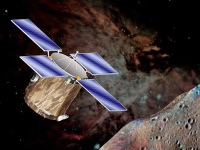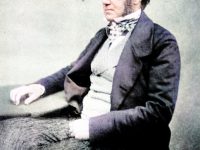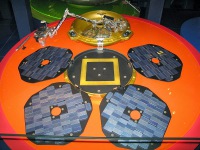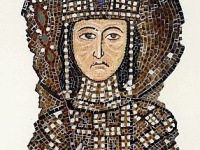Somebody, after all, had to make a Start – Sophie Scholl and the White Rose
On February 18, 1943, Sophie Scholl and her brother Hans brought a suitcase full of leaflets to the University of Munich, calling for passive resistance against the Nazis, and were arrested. Four days later, Sophie Scholl, her brother Hans and their friend Christoph Probst were found guilty of treason and condemned to death. “Somebody, after all, had to make a start. What we wrote and said is also believed by many others. They…
Read more


